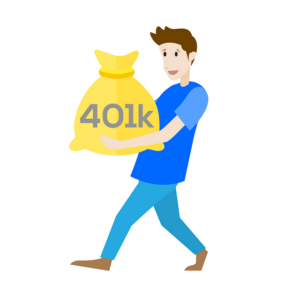Maximize Your Retirement Savings with the 30 Best 401k Match Companies

Thrifty Thrills: Yes, You Can Enjoy Life on a Budget




The 3 Best Ways To Save Money As A Landlord




How To Find An Employment Lawyer Who’s Right For You




Expert Tips To Find Your Dream Home Faster




App Store Optimization:





